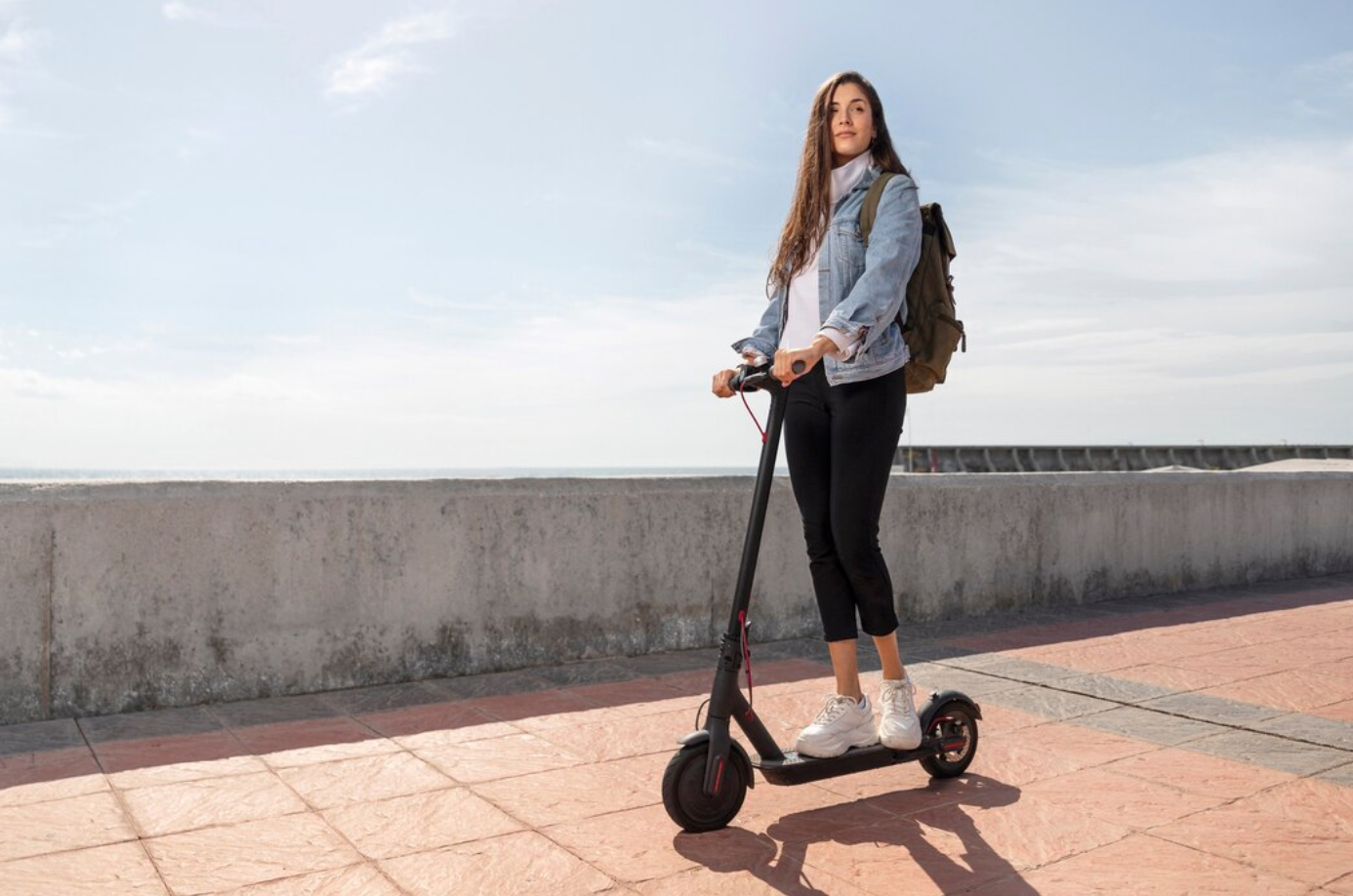Staying updated on e-scooter laws is the surest way to avoid undue confrontation with law enforcement.
Electric scooters have garnered significant attention in the recent past, particularly among urban dwellers. They have become the preferred mode of transportation for millions in several cities worldwide. They provide incredible convenience, allowing riders to quickly navigate crowded streets and narrow alleys.
Electric scooters are also a favorite mode of transportation for people that are passionate about environmental conservation. Since they’re powered by rechargeable batteries rather than petroleum products, e-scooters cause minimal pollution.
But unknown to many, electric scooters are often subjected to certain regulations. This post will examine the common legal guidelines to consider before purchasing an e-scooter.
1. There’s An Age Limit for Operating Electric Scooters
Anyone can own an electric scooter in most countries. But there are restrictions on the minimum age limit for e-scooter riders.
Most U.S. states require electric scooters users to be 16 years or older. That’s regardless of where you intend to cruise on the motorcycle – whether in bustling streets or private neighborhoods.
There are a few exceptions to this rule.
In some states, e-scooter laws allow users as young as 14 or even 12 years to cruise on these motorcycles.
Note that minors are generally exempted from liability arising from electric scooter usage. Any accidents or misconduct are imputed to the driver’s parents or legal guardians.
2. Some States May Require a License to Ride an Electric Scooter
Many countries and states do not require electric scooter users to have a driving license. However, the same may be necessary depending on your local e-scooter laws.
In most U.S. states where a license is mandatory to ride an electric scooter, a standard driver’s license (Class C license) would suffice.
Some states may also require electric scooter users to possess a special permit rather than a license. Again, the trick is to check with your local laws to ensure total compliance.
3. Insurance Is Mandatory In Most States
Insurance is another important document required of electric scooter riders in most U.S. states.
Insurance guards against e-scooter theft or damage by other road users. It also absolves you from responsibility in the event of accidents, consequently entitling you to free repairs and replacements.
Even if it’s optional in your state, having valid scooter insurance is important.
Insist on liability insurance if you frequently lease your scooter or leave it in public parking lots.
4. A Helmet Isn’t Mandatory but Highly Recommended
Riding an electric scooter at high speeds without a helmet on can endanger your life and that of other road users.
Interestingly, most states don’t have a helmet as a mandatory requirement for e-scooter riders, leaving it to personal discretion.
But in the interest of everyone’s safety, a helmet is highly encouraged for both an e-scooter driver and any passenger.
A helmet minimizes impact to the skull in the event of a crash.
5. Some Pavements Are out Of Bounds for E-scooter Users
Electric scooter riders must stay on bike paths and streets in most states. They aren’t allowed on sidewalks.
Even if not necessarily prohibited in your state, riding an e-scooter on sidewalks can endanger the safety of other road users.
Avoid such paths unless occasionally when trying to avoid traffic snarl-ups.
Note that these laws apply both to personally owned and rideshare e-scooters.
6. There’s A Speed Limit to Observe
Speed thrills, right?
Well, tell that to anyone but electric scooter regulators.
E-scooter laws generally require riders to use their bikes on streets with a maximum speed limit of 25 or 30 miles per hour (mph). However, the scooters themselves are restricted within 15 mph.
Keeping within the legal speed limit isn’t just a matter of compliance. It also helps to minimize scooter crashes or reduce injuries when accidents do happen.
7. There’s A Weight Limit for Your E-bike To Be Deemed an E-Scooter
Most states regard an electric scooter as a vehicle with fewer than 100 pounds (lbs) and with a maximum speed limit of 20 mph. Some jurisdictions have a lower weight limit of 75 pounds.
Keeping to the e-scooter weighing regulations in your jurisdiction can prevent undue run-ins with law enforcement officers.
The 100-pound limit is also necessary in deciding how many passengers an e-scooter can safely carry and the vehicle’s overall maneuverability.
Lighter scooters are easier to handle but are unideal for ridesharing than their heavier counterparts.
Other Electric Scooter Rules
There could be many other electric scooter regulations depending on your country or state.
For instance, Michigan laws bundle electric scooters in the same category as electric skateboards in terms of the vehicle’s powering requirements. E-scooters within the state should have motors not exceeding 2000 Watts.
Besides, all e-scooters in Michigan must have a white front light that’s visible from at least 500 feet, and a rear reflector visible from at least 600 feet away. These are additional safety precautions while using e-scooters in busy streets.
Some states also regulate electric scooter wheel sizes. A noteworthy mention is Minnesota, which requires all e-scooters to have wheels no larger than 12”.
Final Word
Electric scooter regulations vary from one country and state to another.
While anyone can buy an e-scooter, not everyone can ride these motorcycles. There are also laws governing where you can cruise on your e-scooter, and whether you need special documentation to use the motorcycle.
Be sure to check your local regulations before hopping onto your electric scooter. Staying updated on e-scooter laws is the surest way to avoid undue confrontation with law enforcement.





